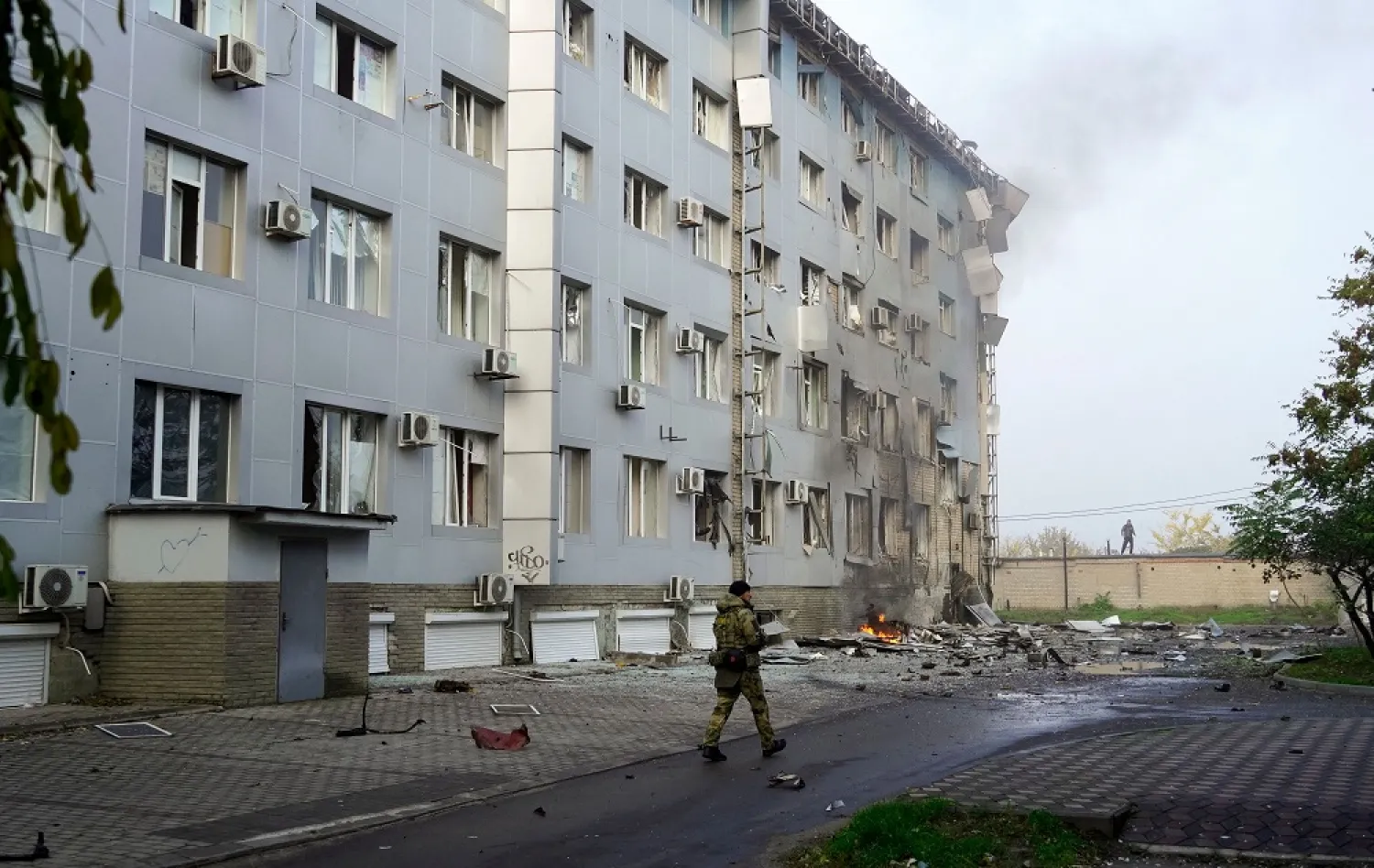Ukraine attacked occupied Melitopol in the country's southeast on Saturday evening, the Russian-installed and exiled Ukrainian authorities of the strategically located city said.
The pro-Moscow authorities said a missile attack killed two people and wounded 10, while the exiled mayor said scores of "invaders" were killed.
Reuters could not independently verify the reports of the attacks or deaths.
"Air defense systems destroyed two missiles, four reached their targets," Yevgeny Balitsky, the Moscow-appointed governor of the occupied part of the Zaporizhzhia region, said on the Telegram messaging app.
He said a "recreation center" where people were dining was destroyed in the Ukrainian attack with HIMARS missiles.
The exiled mayor, Ivan Fedorov, said on his Telegram channel that the attack hit a church that Russians had turned into a gathering place.
Vladimir Rogov, another Moscow-installed official in the Russian-controlled part of Zaporizhzhia, said a big fire caused by the strike engulfed the recreation center. He posted a video of a structure in flames.
HIMARS multiple rocket launchers have been among Ukraine's most effective weapons in the war, delivering precision fire on hundreds of targets, including Russian command posts. On Friday, the United States said it was sending more aid to Kyiv to strengthen its air defenses and defeat drones.
Russia's defense ministry on Sunday said its air defense forces had shot down five HIMARS-fired rockets in the past 24 hours near the cities of Donetsk and Melitopol.
An adviser to Ukrainian President Volodymyr Zelenskiy, Oleksiy Arestovych, said Melitopol, a major industrial and transport center occupied by Russia since March, was key to the defense of the south.
"All logistics linking the Russian forces on the eastern part of the Kherson region and all the way to the Russian border near Mariupol is carried out through it," Arestovych said in a video interview on social media.
"If Melitopol falls, the entire defense line all the way to Kherson collapses. Ukrainian forces gain a direct route to Crimea."
There was no immediate comment from the Ukrainian army about the attacks. Earlier in the day, the central command of the Ukraine's Armed Forces said it had been conducting strikes on Melitopol.
The Russian defense ministry also said its forces had continued offensive operations near the city of Lyman in the Donetsk region and had pushed back Ukrainian counterattacks. The Russian ministry uses the Russian name of the town, Krasny Liman.









